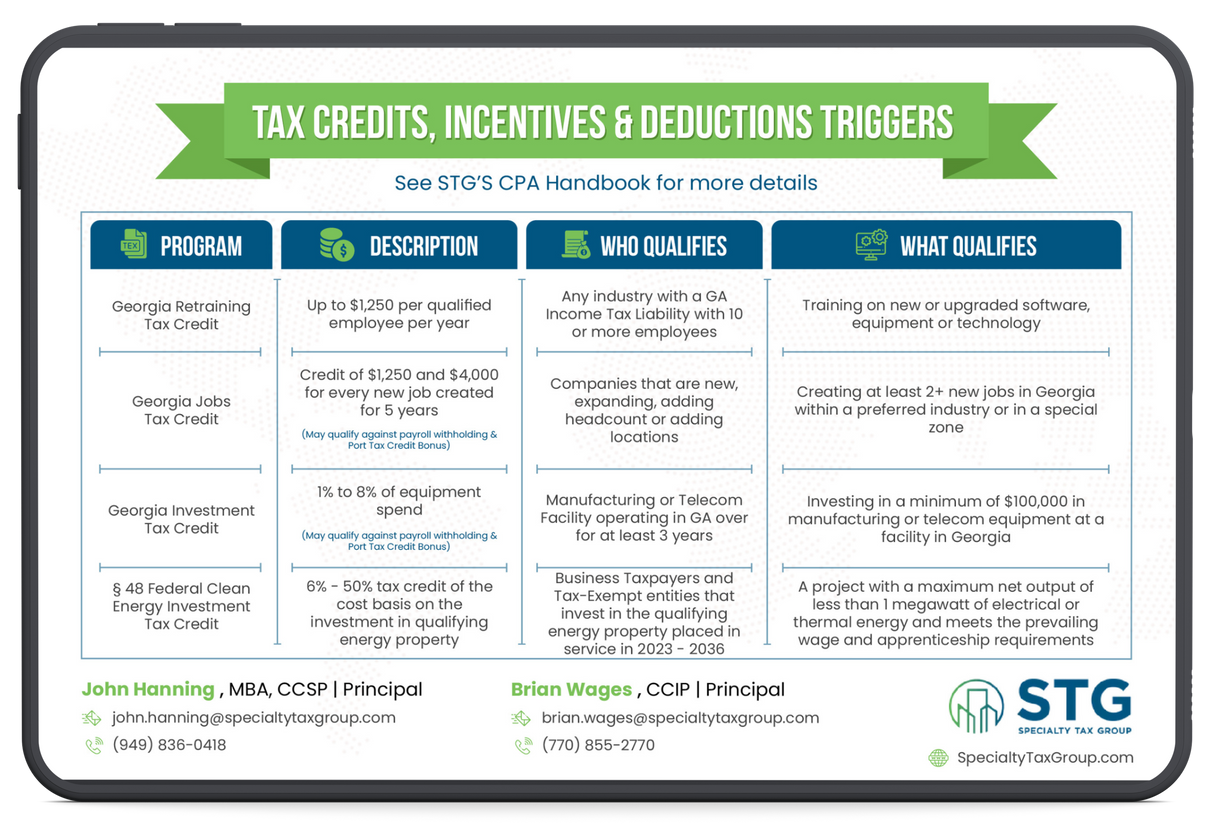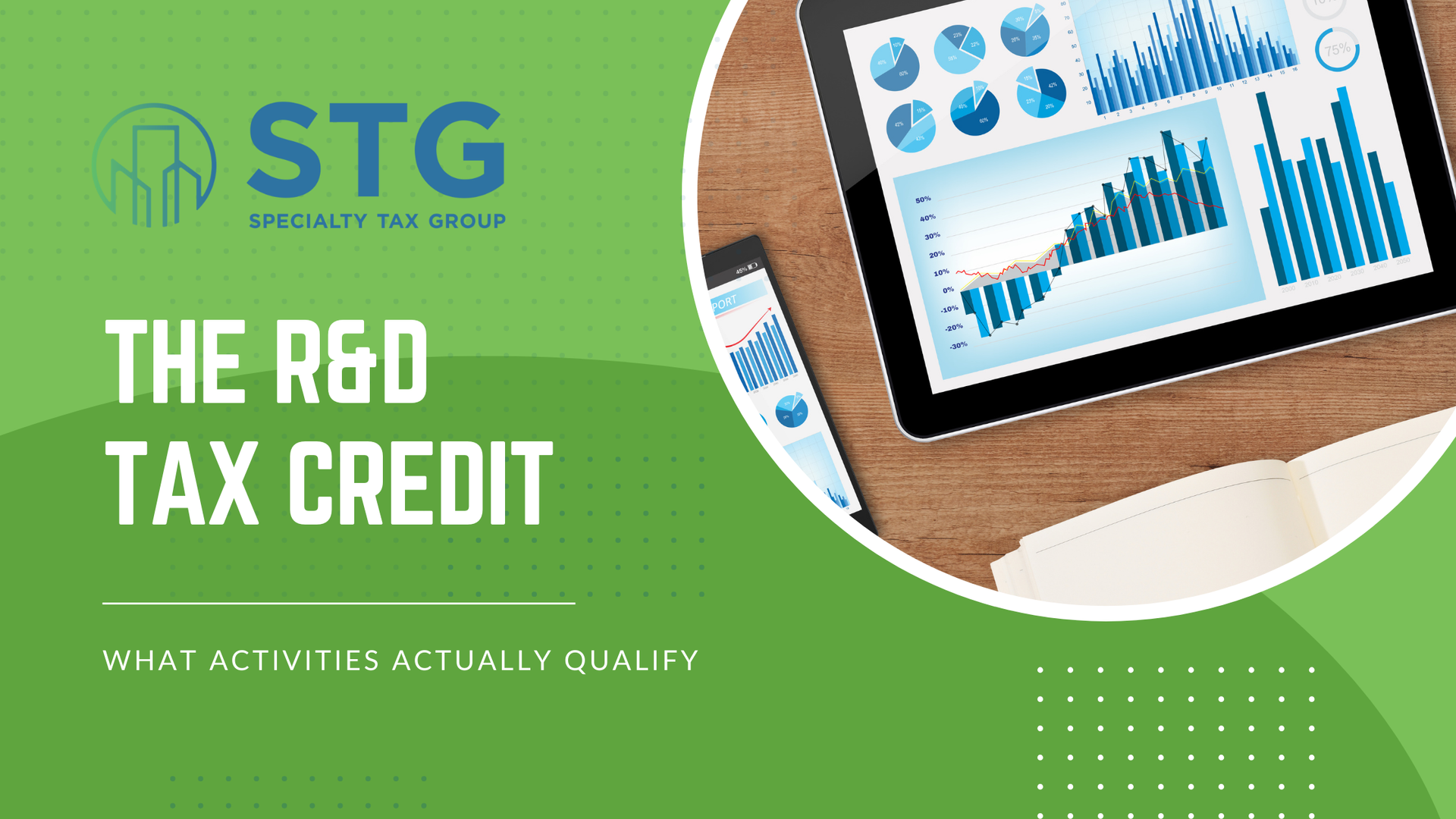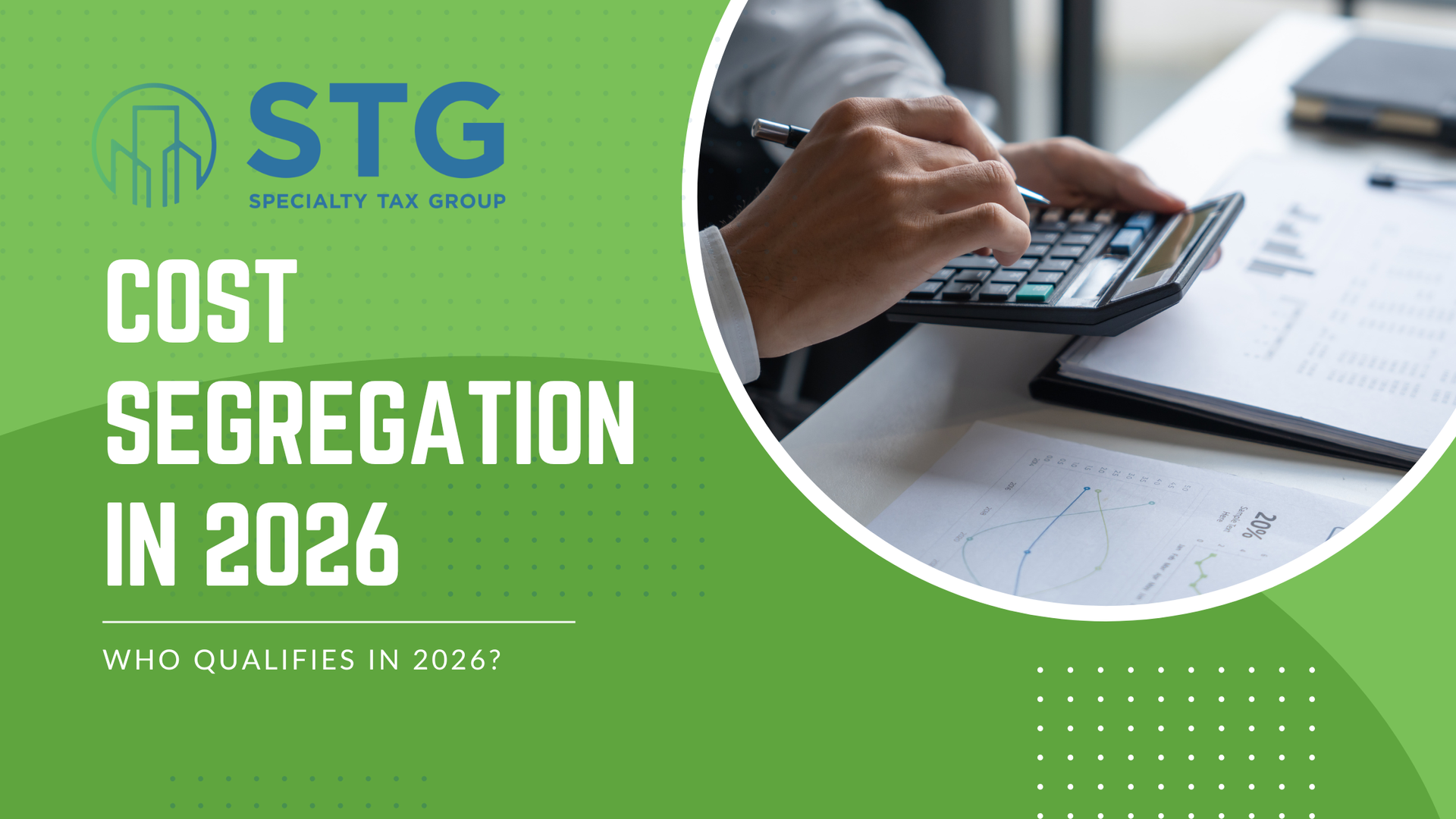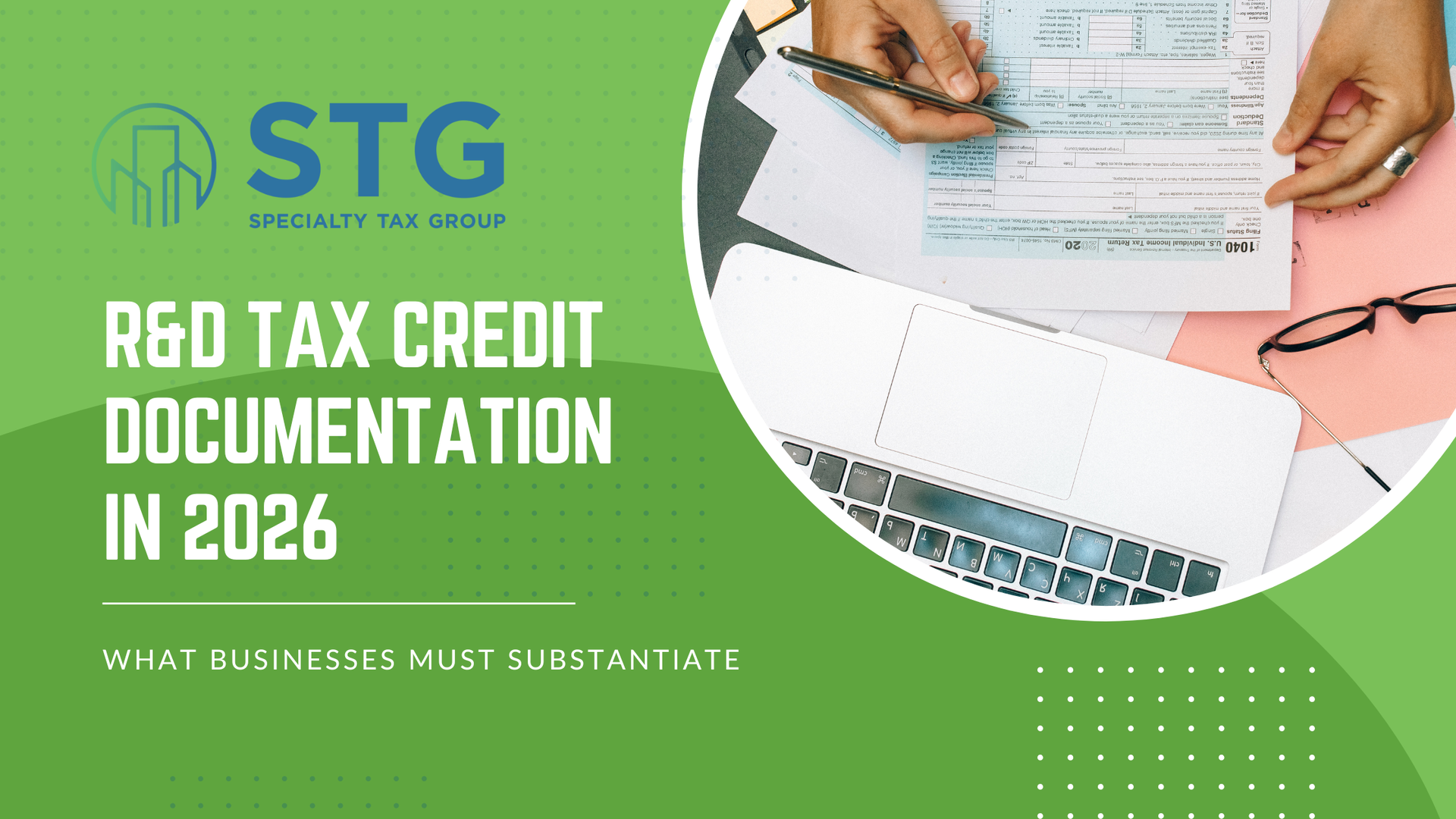This blog post has been researched, edited, and approved by John Hanning and Brian Wages. Join our newsletter below.
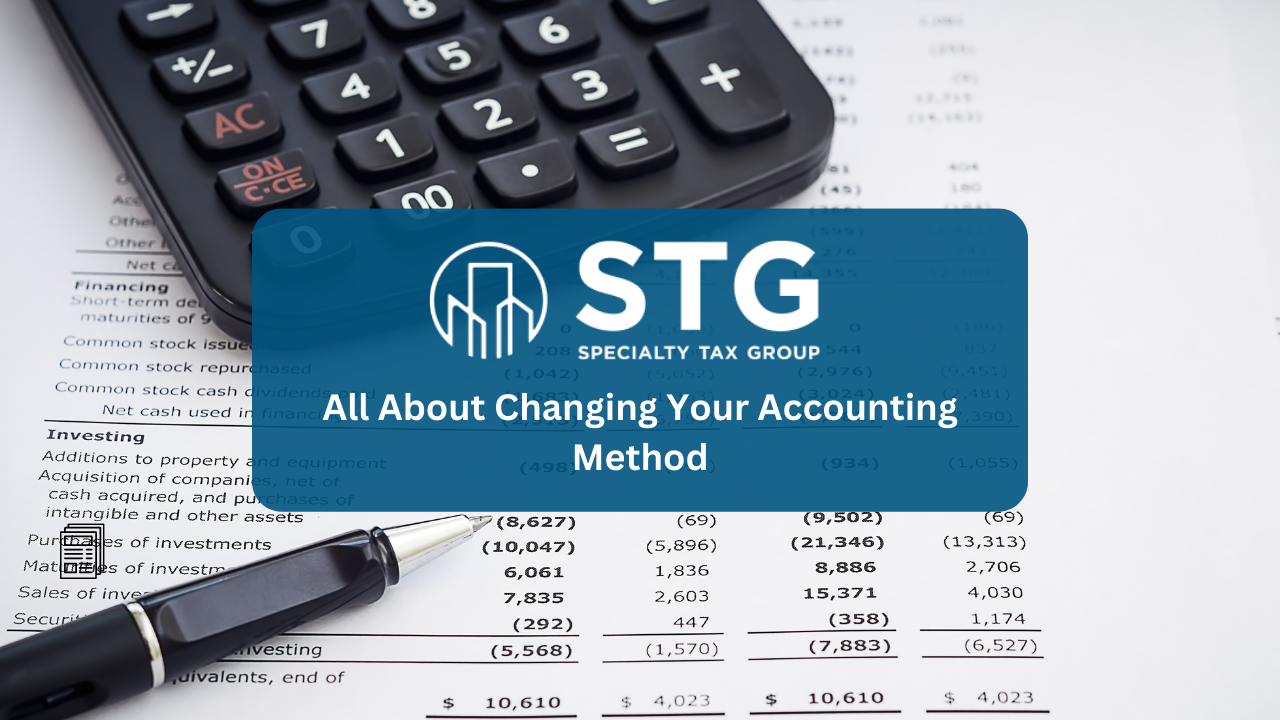
All businesses need to choose an accounting method to help report income and expenses for taxation purposes. The two main accounting methods are cash and accrual.
With the cash method, income and expenses are reported when received or paid. The accrual method records income when earned and expenses when incurred, using accounts receivable and payable. As a business grows, changing accounting methods may help tax strategy and cash flow.
The IRS requires methods that accurately reflect income consistency. During audits, the IRS investigates accounting records and methods. Businesses should choose a suitable method. Corporations or partnerships with over $25 million in gross income over 3 years, tax shelters, or qualified personal service corporations cannot use cash or hybrid methods. S corporations must use accrual.
Updating Accounting Method Changes
Recent IRS updates impact accounting method changes, especially regarding research and experimentation (R&E) expenses. Rev. Proc. 2023-11 provides less favorable terms for R&E changes not made in the first tax year following updated Sec. 174 rules.
The December 2022 IRS Form 3115 instructions detail newer automatic and non-automatic change procedures. Eligibility criteria and steps now better align with IRS guidance.
Favorable terms for small business taxpayers are outlined in Rev. Proc. 2022-9 and Rev. Proc. 2022-14, offering more flexibility for changes.
Implications of Rev. Proc. 2023-11 for R&E Expenses
Rev. Proc. 2023-11 has significant implications for R&E expense changes. Less favorable terms apply for taxpayers deferring changes beyond the deadline. To benefit, changes should be made immediately in the first tax year following updated Sec. 174 rules.
Latest IRS Form 3115 Instructions
The IRS Form 3115 instructions provide current details on automatic and non-automatic accounting method changes. Eligibility and procedural steps now fully reflect newest IRS guidance. Distinctions outline specific considerations for each change type.
Small Business Flexibility
Rev. Proc. 2022-9 and Rev. Proc. 2022-14 offer more small business flexibility regarding accounting method changes. Favorable terms allow certain taxpayers to receive automatic consent. Small businesses should review whether they qualify for these beneficial procedures.
https://www.irs.gov/pub/irs-drop/rp-23-11.pdf
https://www.irs.gov/forms-pubs/about-form-3115
https://www.irs.gov/pub/irs-pdf/i3115.pdf
https://www.irs.gov/publications/p538

